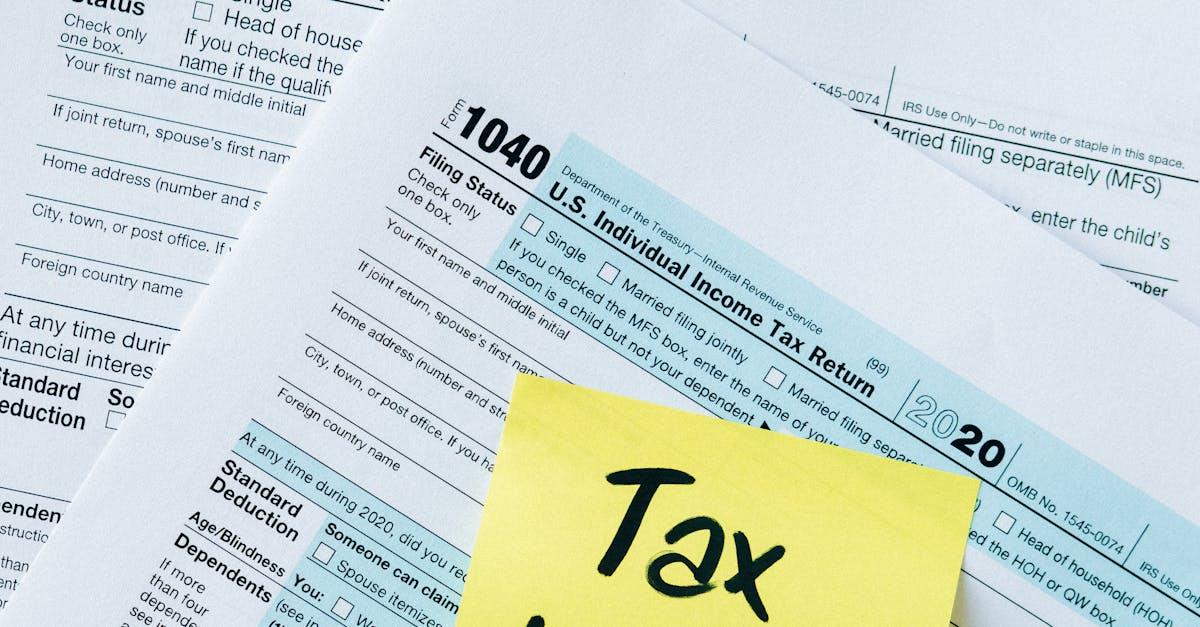Denmark, with its high standard of living, excellent social services, and vibrant economy, has become a popular destination for expatriates. However, the country’s reputation for hefty taxes often raises concerns among foreign professionals considering a move. To address this, Denmark offers an expatriate tax scheme designed to attract highly skilled workers by providing a more favorable tax rate. While the scheme presents attractive benefits, understanding its nuances is crucial for expatriates to make informed decisions. The Danish Dream has an in-depth guide on what you need to know about the expatriate tax scheme.
What Is the Expatriate Tax Scheme?
The expatriate tax scheme is a special tax program in Denmark aimed at highly skilled foreign workers. Under this scheme, eligible individuals are taxed at a flat rate of 27% on their gross income, plus an additional labor market contribution of 8%, bringing the total effective rate to 32.84%. This rate is significantly lower than Denmark’s progressive tax system, where top earners can face income tax rates exceeding 55%.
The scheme is available for a maximum of 84 months (seven years) and is intended to make Denmark an attractive destination for global talent, particularly in industries where specialized skills are in high demand.
Eligibility Criteria
While the expatriate tax scheme is enticing, it comes with stringent eligibility criteria. Key requirements include:
-
Employment Contract: The expatriate must have an employment contract with a Danish employer.
-
Minimum Salary Threshold: As of 2024, the monthly salary must exceed DKK 71,635 before taxes.
-
Residency Status: The individual should not have been a tax resident or liable to Danish taxes in the last 10 years prior to employment.
-
Role Type: The position should involve specialized skills or expertise that align with Denmark’s labor market needs.
Failure to meet any of these criteria can disqualify an expatriate from benefiting from the scheme.
Benefits of the Scheme
The primary advantage of the expatriate tax scheme is the substantial tax savings, which can make a significant difference in disposable income. This benefit is particularly appealing to high-income earners in fields such as technology, research, and finance.
Additionally, the scheme simplifies tax planning for expatriates. Instead of navigating Denmark’s complex tax brackets, eligible workers enjoy a predictable, flat tax rate, reducing administrative burden and financial uncertainty.
Potential Drawbacks and Considerations
Despite its benefits, the scheme has limitations and potential downsides:
-
Limited Duration: The scheme is capped at seven years, after which expatriates transition to Denmark’s standard tax system, which can lead to a sharp increase in tax liability.
-
Strict Compliance: Missing the minimum salary threshold or any administrative requirement, even briefly, can result in loss of eligibility.
-
Social Contributions: While the scheme provides tax relief, expatriates still contribute to Denmark’s social welfare system, which may not directly benefit them if they plan to leave the country after their employment ends.
-
Opportunity Costs: In some cases, expatriates might miss out on tax benefits or deductions available under the regular tax system.
How to Apply
To take advantage of the expatriate tax scheme, individuals must:
-
Verify Eligibility: Ensure all criteria, including the salary threshold, are met.
-
Employer Registration: The employer must register the expatriate with the Danish Tax Agency (Skattestyrelsen).
-
Documentation: Provide required documents, such as the employment contract and proof of prior tax residency status.
-
Ongoing Compliance: Maintain salary and employment conditions throughout the scheme’s duration.
Applications are typically submitted at the start of employment, and timely registration is essential to secure the tax benefits.
The expatriate tax scheme in Denmark offers a golden opportunity for highly skilled professionals to enjoy significant tax savings while contributing to one of the world’s most robust economies. However, its stringent eligibility criteria and limited duration require careful planning and consideration. For expatriates, the scheme can be a gateway to financial advantages, but understanding the fine print is key to avoiding potential pitfalls. With the right preparation, Denmark can indeed be an attractive destination for global talent seeking both professional and personal growth.
